Longyou Caves
Discovered after draining a local pond, these ancient man-made caves are still a complete mystery.
For as long as anyone could remember the ponds of Longyou County were thought of as “bottomless,” but when one local set out to see how deep they really were he discovered the first in a series of massive hand-carved caves, the origin of which is almost a complete mystery.
In 1992, in the Chinese village of Longyou, a uniquely curious local named Wu Anai pooled his money with his neighbors to buy a water pump and began siphoning out the pond in his village. The pond was one of many in the area that were used for washing, fishing, and other chores, and which were always said to be endlessly deep. Not satisfied with that fantastical depth, Anai completely drained one pond and found that it wasn’t really a pond at all, but the flooded entrance to an ancient, man-made cave.
Soon other ponds in the area were also drained and they too were found to be strangely massive, hand-carved caves (24 in all). The huge caverns sink as deep as almost 100 feet and then sprawl out at the bottom. While none of the caves are connected many of them share thin walls that it is remarkable the primitive builders did not puncture. The walls of the caves are also covered in carved lines and symbols, the meaning of which has yet to be deciphered. And that’s hardly the only mystery.
While the caverns have been dated back to around 200 BCE, there is no historical record of their construction, nor is there any evidence of the tools used to make them, or even their purpose. In addition no one is quite sure where the excavated rock went. The caves seem too big to have been the work of a small group villagers and it is thought that it would have taken over a thousand workers to build them in their day.
While the origins of the caves are still unknown, they are now open to visitors willing to make the trek to the remote village. Hopefully someone can come back with some answers.

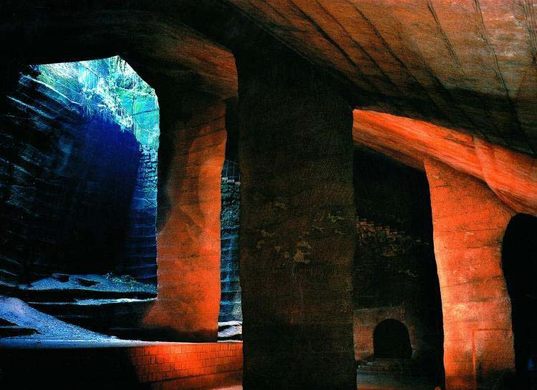

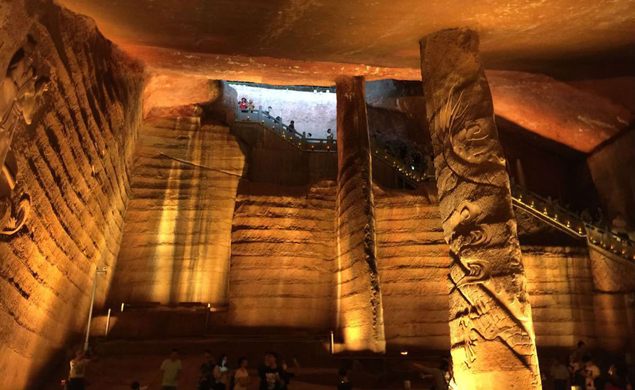






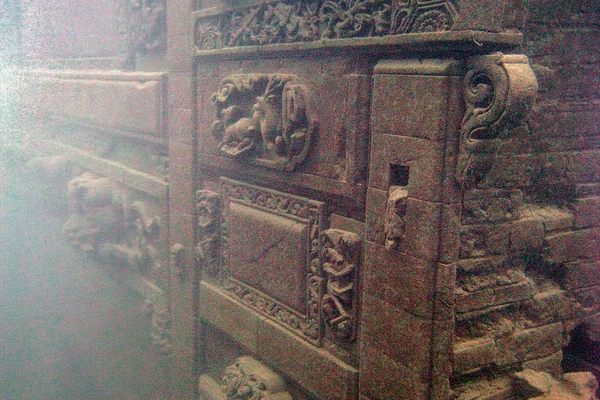



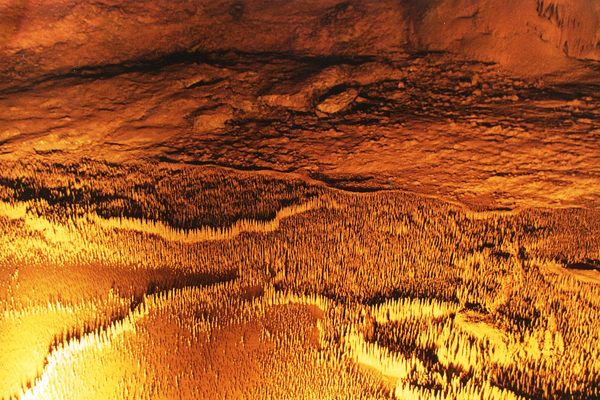
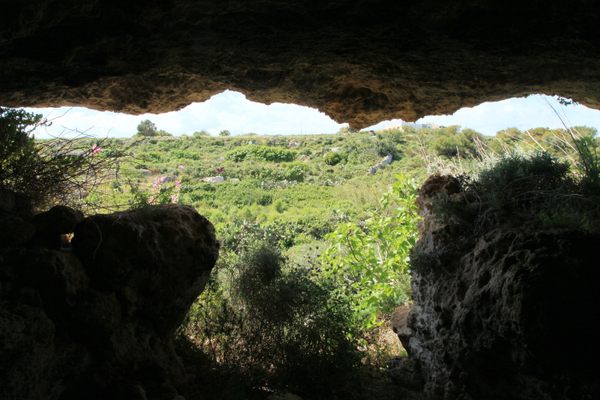


Follow us on Twitter to get the latest on the world's hidden wonders.
Like us on Facebook to get the latest on the world's hidden wonders.
Follow us on Twitter Like us on Facebook